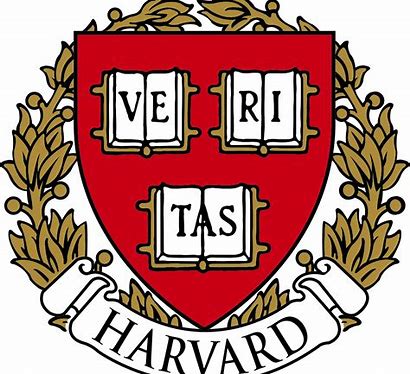
Harvard Business School! Is there any other school in the country that is as highly regarded? Is there another college that is more esteemed? The name in itself is associated with greatness! The best feature of attending Harvard Business School is the method of learning that they offer their students. Graduate students get a hands-on education through the Case Method, which poses true-to-life problems students must tackle in teams. The experiential learning extends to field study teams, in which small groups of students evaluate existing organizations, and immersion trips, intense weeks of study in another country over winter breaks.
Following is a summary of the Case Method, directly from Harvard’s website.
“Pioneered by HBS faculty and one of the highlights of the HBS experience, the case method is a profound educational innovation that presents the greatest challenges confronting leading companies, nonprofits, and government organizations—complete with the constraints and incomplete information found in real business issues—and places the student in the role of the decision maker. There are no simple solutions; yet through the dynamic process of exchanging perspectives, countering and defending points, and building on each other’s ideas, students become adept at analyzing issues, exercising judgment, and making difficult decisions—the hallmarks of skillful leadership.
Over 80 percent of cases sold throughout the world are written by HBS faculty, who produce approximately 350 new cases per year.
Simply put, we believe the case method is the best way to prepare students for the challenges of leadership.
How the HBS Case Method Works
When students are presented with a case, they place themselves in the role of the decision maker as they read through the situation and identify the problem they are faced with. The next step is to perform the necessary analysis—examining the causes and considering alternative courses of actions to come to a set of recommendations.
To get the most out of cases, students read and reflect on the case, and then meet in learning teams before class to “warm up” and discuss their findings with other classmates. In class—under the questioning and guidance of the professor—students probe underlying issues, compare different alternatives, and finally, suggest courses of action in light of the organization’s objectives.
As you watch a case study unfold in class, you’ll see students doing 85 percent of the talking, as the professor steers the conversation by making occasional observations and asking questions. This classroom interaction is enriched by ninety classmates from diverse industries, functions, countries, and experiences. At the end of the class, you’ll be amazed at what you learn from exchanging ideas with your classmates.
Class participation is so important to the learning model at HBS that 50 percent of a student’s grade in many courses is based on the quality of class participation. This requires students and faculty to work closely together—another hallmark of the HBS experience. During their time at the School, students study and prepare over 500 cases.”
HBS students can complete an MBA or doctoral degree, or can take executive education classes. (HBS graduates can take many executive education courses at a 30 percent discount.) HBS students can also enroll in joint degree programs in conjunction with Harvard Law School, Harvard Medical School, the Harvard Kennedy School of Government and the Harvard School of Dental Medicine. Graduate business school students may live on campus in Cambridge, Mass. Students can also research at the Massachusetts Institute of Technology.
Harvard Business School offers these departments and concentrations: accounting, consulting, e-commerce, economics, entrepreneurship, ethics, finance, general management, health care administration, human resources management, international business, leadership, manufacturing and technology management, marketing, not-for-profit management, production/operations management, organizational behavior, portfolio management, public administration, public policy, real estate, sports business, supply chain management/logistics, quantitative analysis/statistics and operations research, tax, and technology. Its tuition is full-time: $72,000 per year. At graduation, 78.9 percent of graduates of the full-time program are employed.
There are more than 100,000 graduates of HBS, scores of whom have gone on to lead major corporations. Some of the particularly notable alumni include Bill Gates, president and CEO of Microsoft; Meg Whitman, president and CEO of Hewlett-Packard; Matt Damon, Academy Award Winning Actor, Neil Degrasse Tyson, Astrophysicist and Barack Obama, President of United States.
